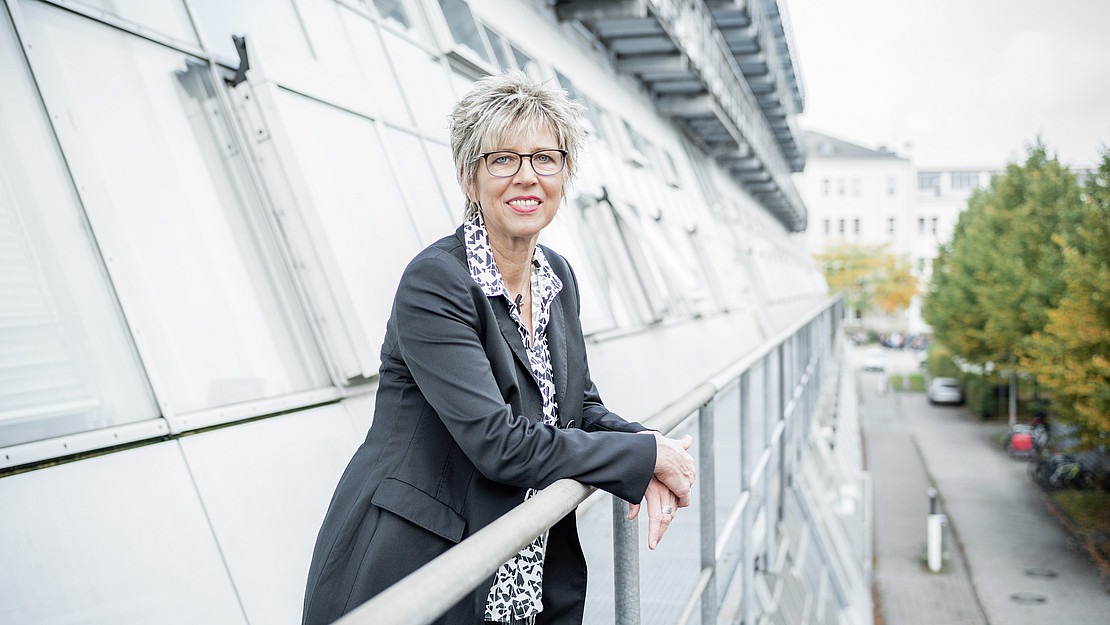This page contains automatically translated content.
"I want to work to ensure that women help shape digitization"
 Image: Christof Mattes
Image: Christof Mattes"The world is developing faster today than ever before. Globalization and digitization are changing our lives permanently. Different rules apply to careers and training today than they did ten years ago. New professions are emerging, old ones are changing. For example, with the introduction of electronics in automobiles, EPS and sophisticated engine control systems have transformed the job of auto mechanic into auto mechatronics technician. However, the digital transformation is advancing not only in our professional lives but also in our private lives, presenting us with new challenges every day, but also giving us the opportunity to creatively shape the transformation process.
In October 2017, I was appointed to the "Digital Transformation" expert committee of the German Women's Council. Together with representatives of various interest groups, I am working here on an agenda for the women's policy aspects of the digital transformation. In doing so, I want to work to ensure that women help shape digitization and thus take advantage of its opportunities. Digitalization offers opportunities for families in particular: It could enable men and women alike to better balance family and career.
But to ensure that everyone in our society - not just women - can make the most of these opportunities, we need one thing above all: "Education 4.0," that is, good education and training with a stronger connection to the digital world. For example, schools should familiarize children with the topic of digitization as early as possible and educate them about its potential and risks. In addition, computer science with selected content could become a compulsory subject.
The Department of Production Organization and Factory Planning at the University of Kassel shows how the future of digitization can be shaped. In the department's own "Digital Factory" competence lab, we have created a space for learning that is integrated into research. Our goal is to provide students with the necessary competencies through the use of modern teaching methods and to prepare them for the requirements of digital production organization in their careers. Through our work, the University of North Hesse is already an important partner for regional industry. Common research goals and the training of good specialists create a constructive working climate between industry and science in the region."